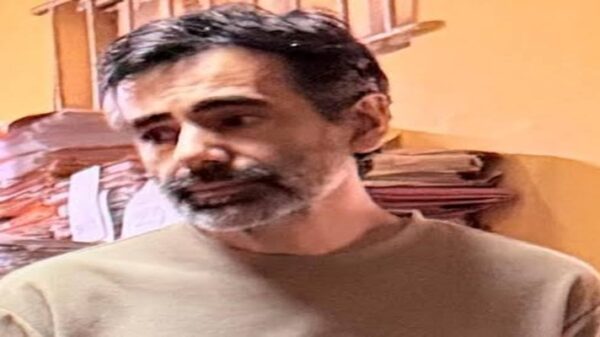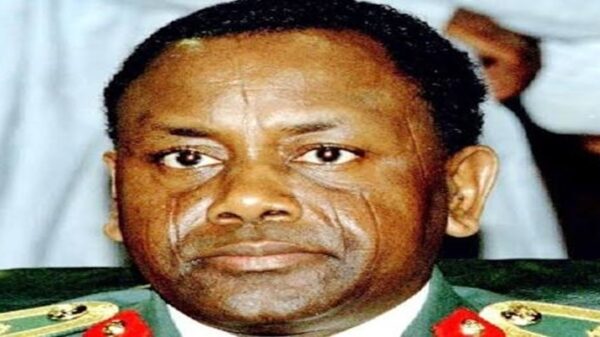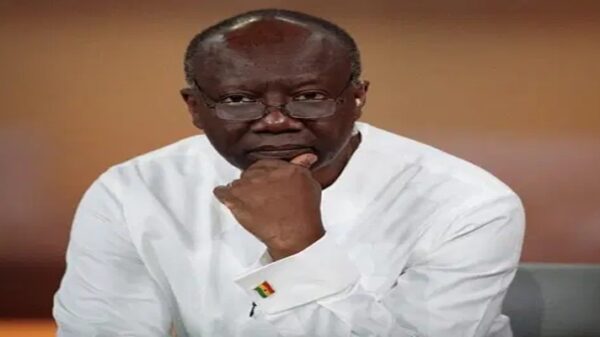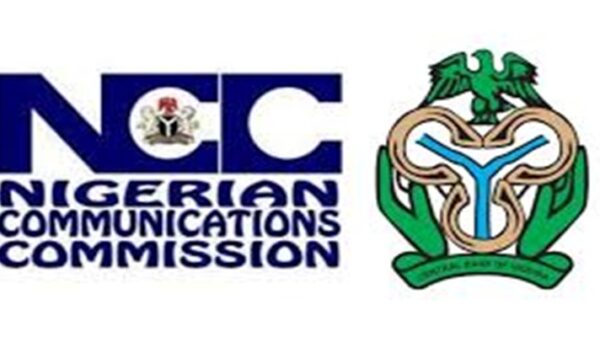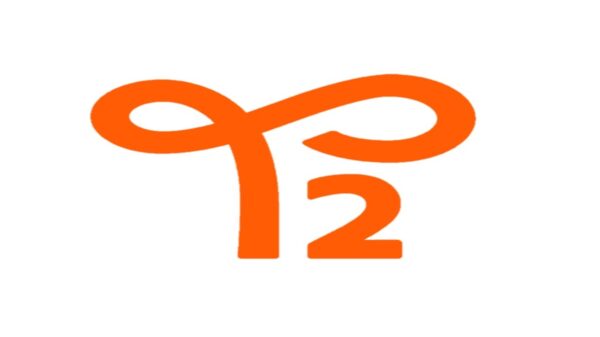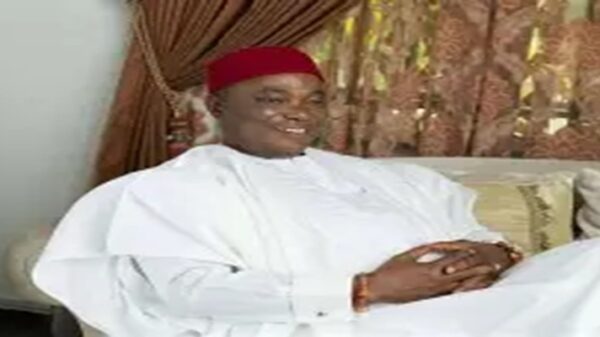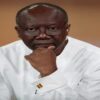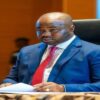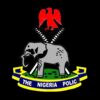Chairman of the Presidential Committee on Fiscal Policy and Tax Reforms, Taiwo Oyedele, has clarified that the controversial 5% fuel surcharge was not introduced by President Bola Tinubu’s administration but has existed since 2007.
Speaking on Channels Television’s The Morning Brief on Tuesday, September 9, Oyedele explained that the law had remained dormant for years due to the government’s fuel subsidy policy.
“One very important message for people to know is that this surcharge was not introduced by this government. It was introduced in 2007. And then it was not implemented because the government was subsidising fuel,” he said.
Recent reports suggesting that the surcharge would take effect in January sparked public backlash, with many Nigerians criticizing the timing amid rising living costs.
Oyedele, however, emphasized that the measure was not part of the original tax reform bills signed into law earlier this year. He explained that the issue only surfaced during legislative deliberations and was not proposed by the President.
“While we were doing this tax reform, it was not even in the original proposal, so it was not like the President proposed it to the National Assembly. But in the process of working on the bills, these issues came up, and then the decision was made that we should not have different agencies collecting taxes,” he said.
Under the existing law, the Federal Road Maintenance Agency (FERMA) is mandated to administer the surcharge, with 40% of the revenue allocated to federal roads and 60% to state governments.
Oyedele added that there is currently no directive or timeline indicating that the surcharge will begin in January, contrary to widespread speculation.
The debate has triggered strong opposition from civil society groups, trade unions, and the Organised Private Sector.
The Trade Union Congress (TUC) has even threatened to embark on strike action if the surcharge is enforced.
Despite the controversy, Oyedele defended the surcharge as a necessary tool for maintaining Nigeria’s road infrastructure.
He argued that the revenue generated would ultimately benefit the public by improving transportation networks and reducing long-term costs.
![]()

